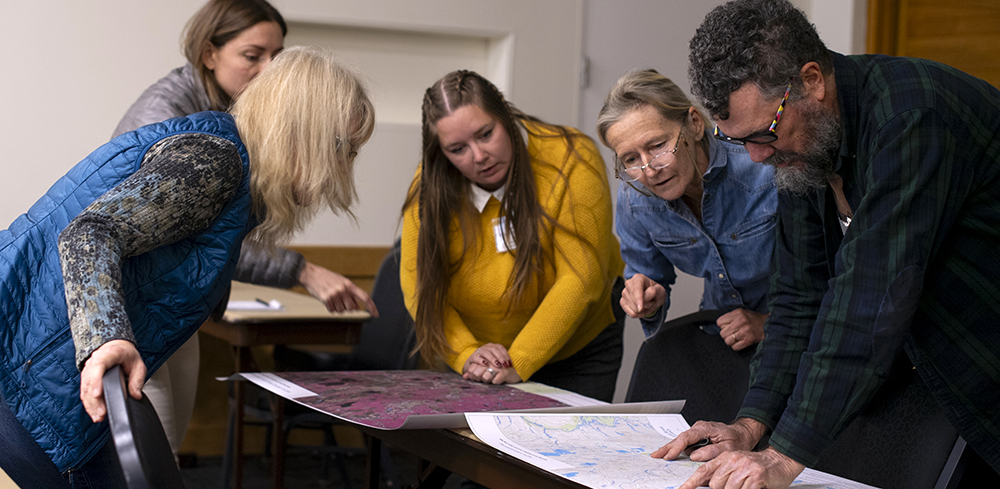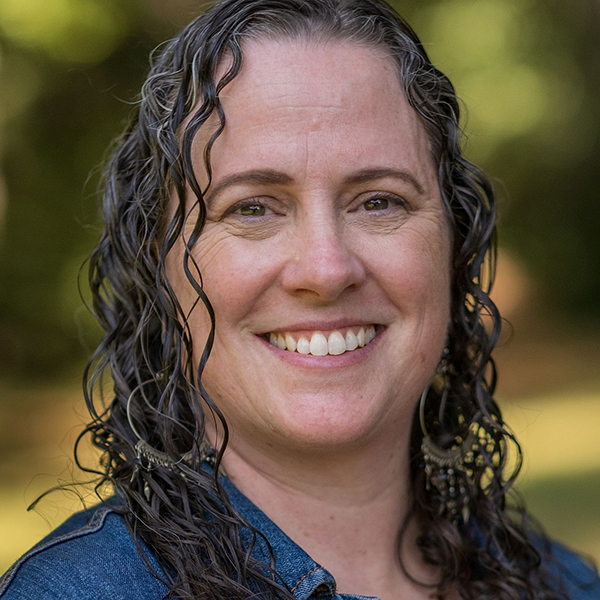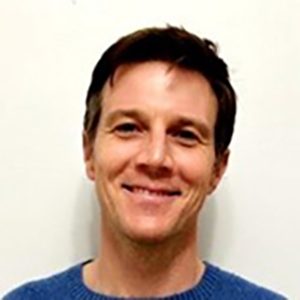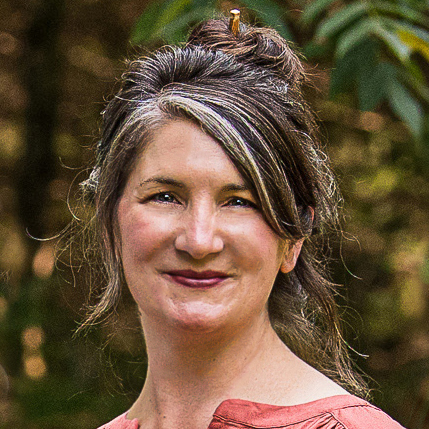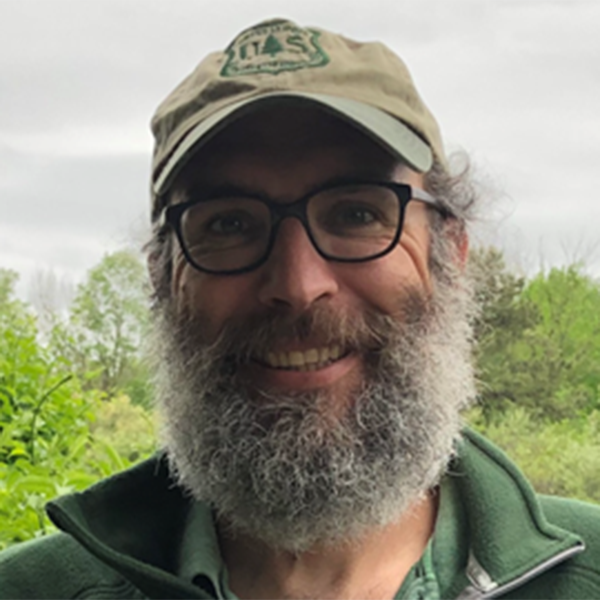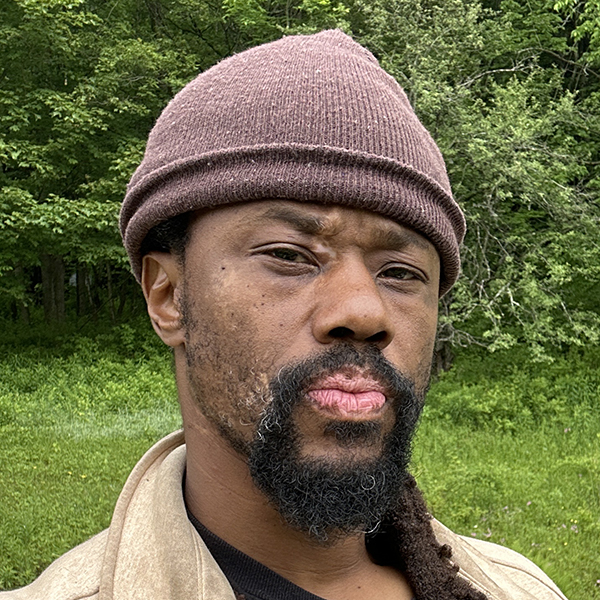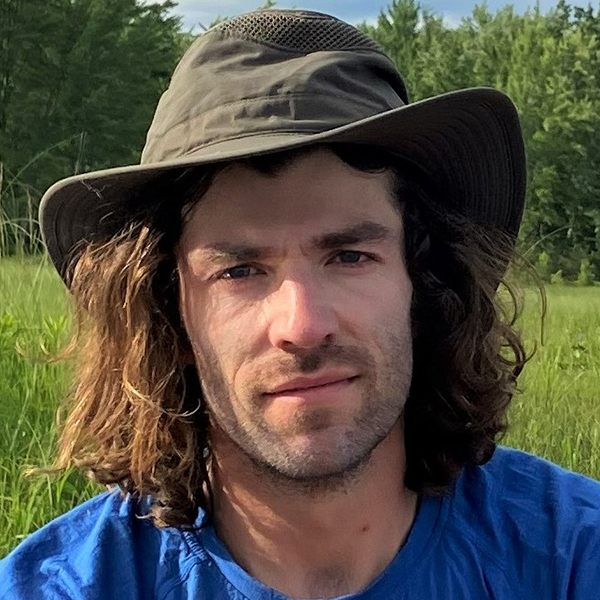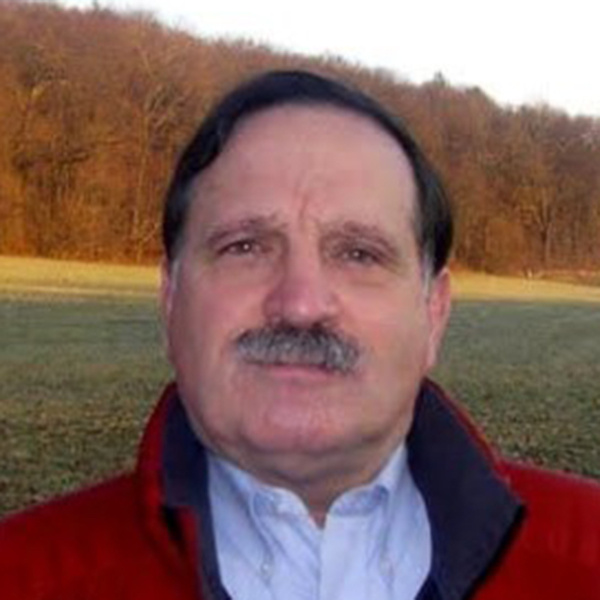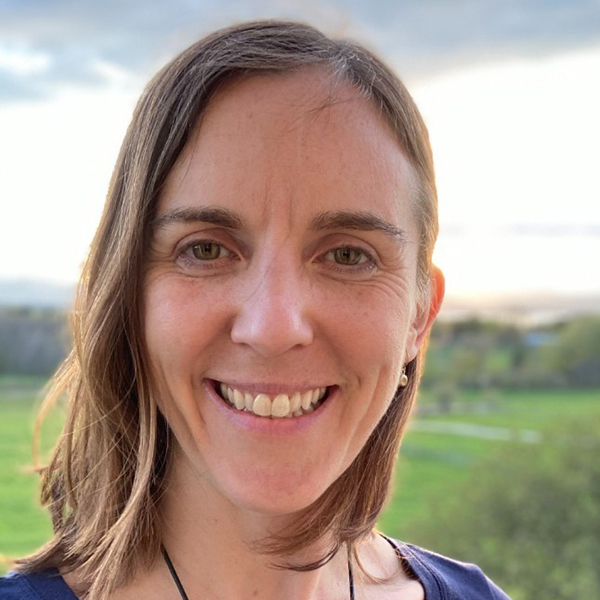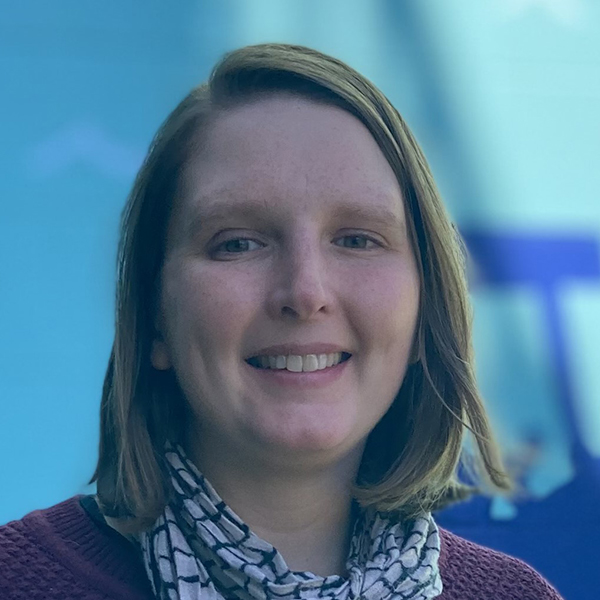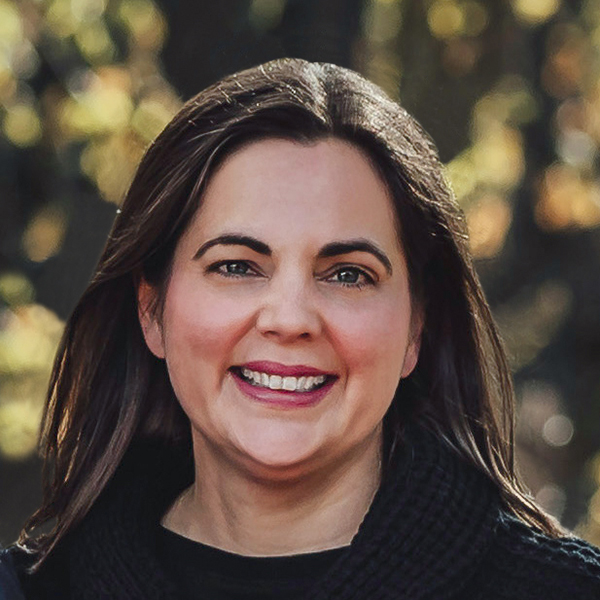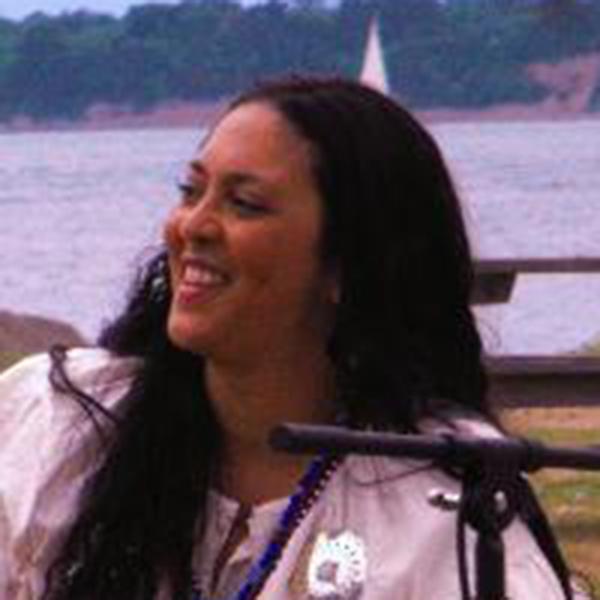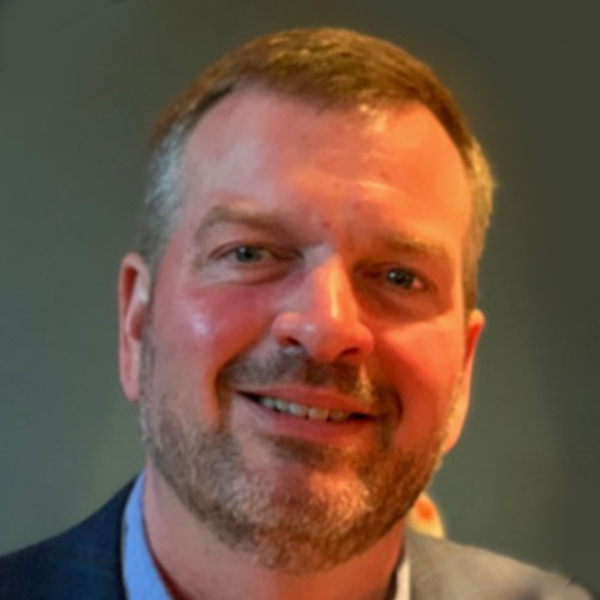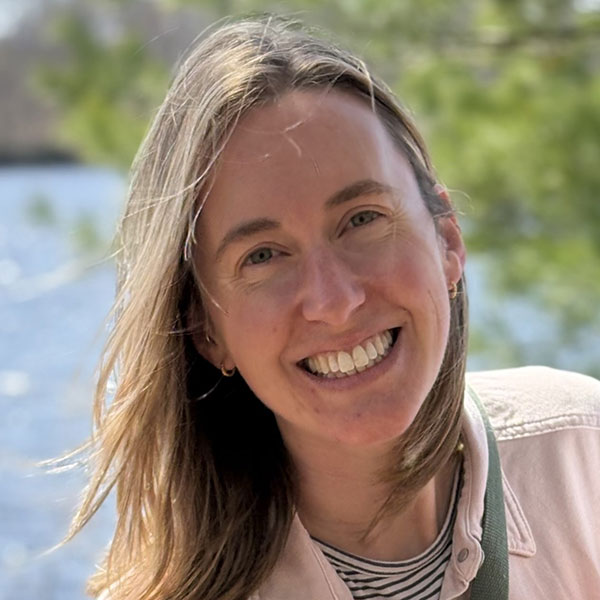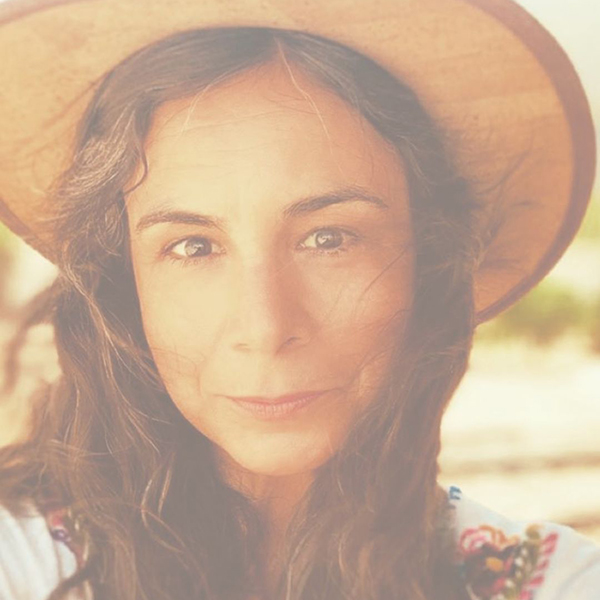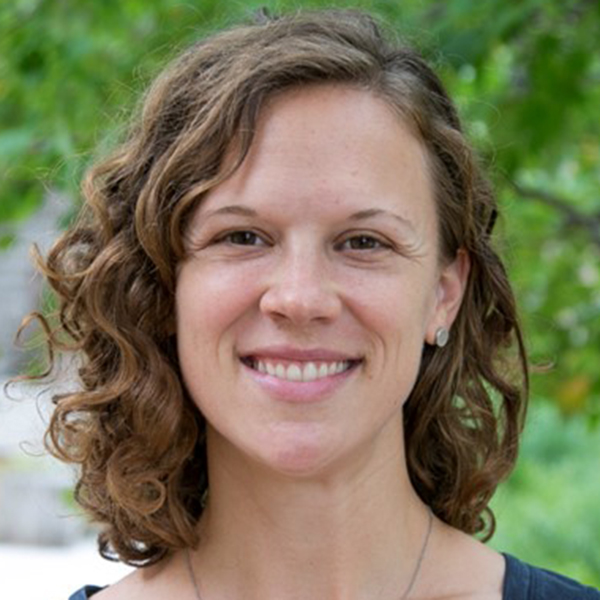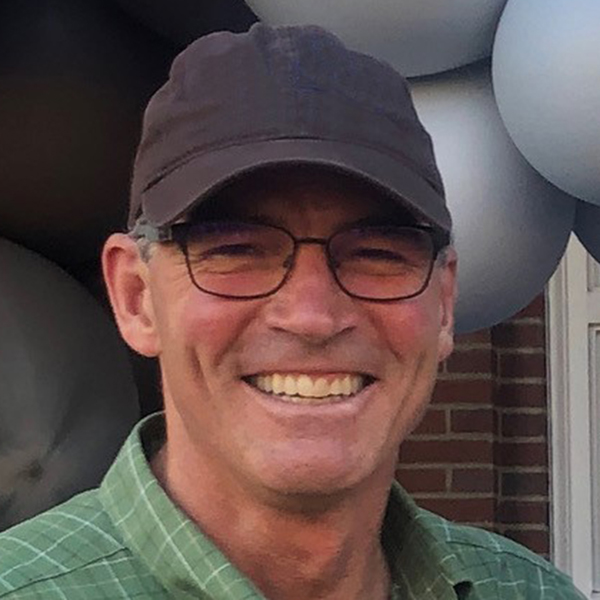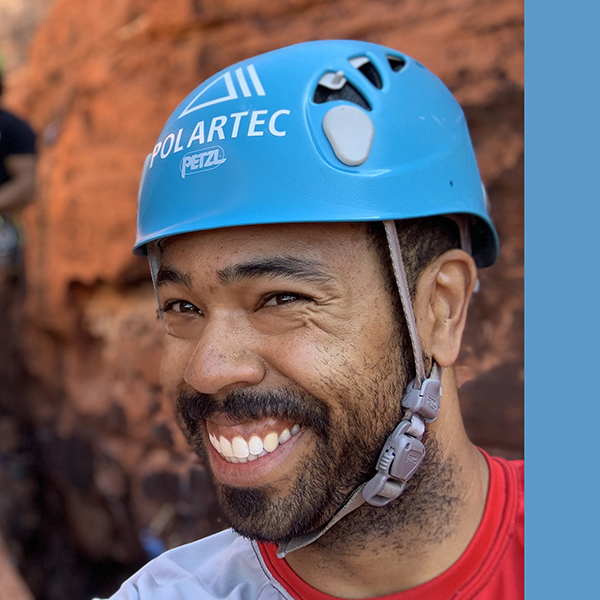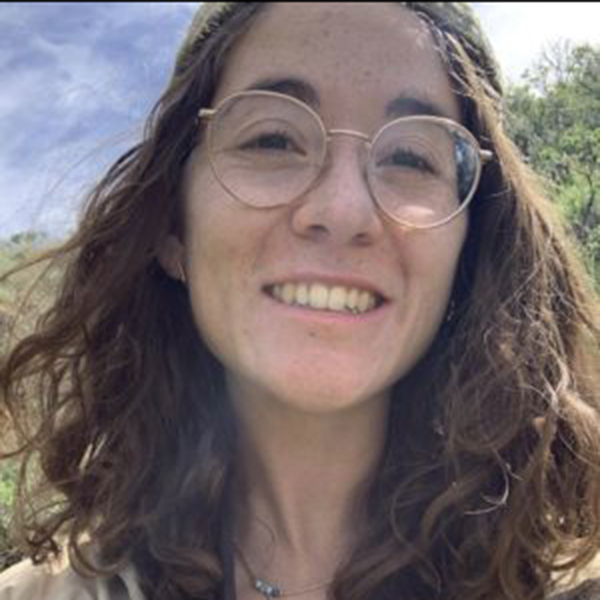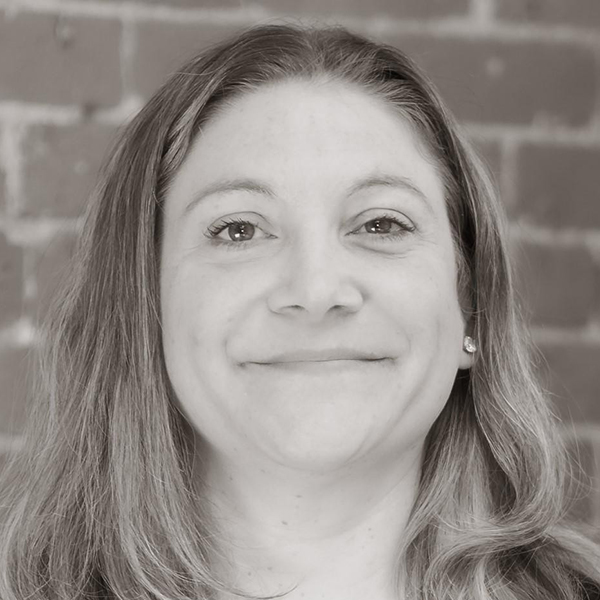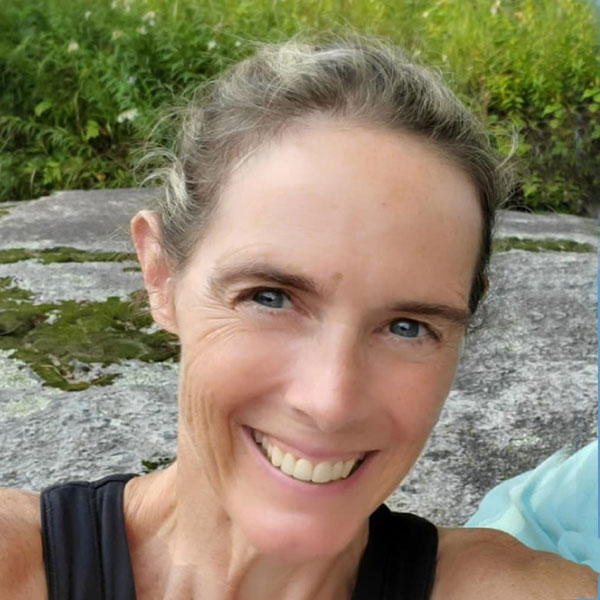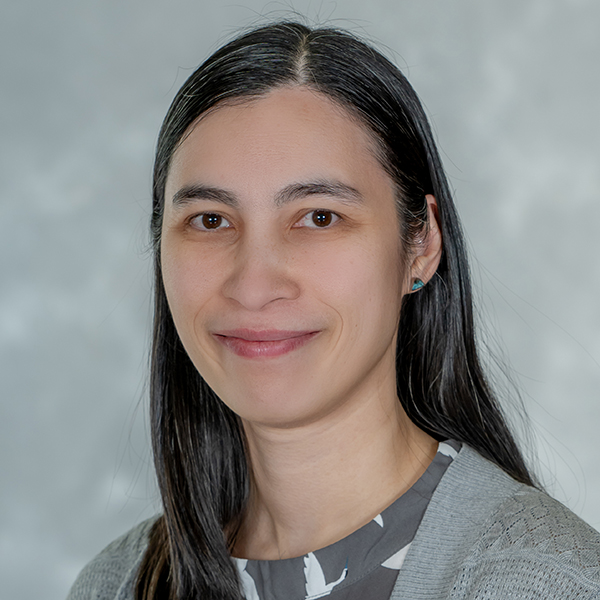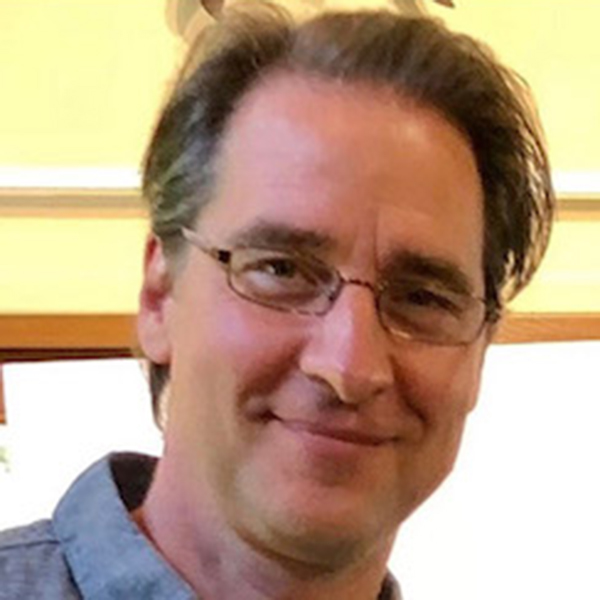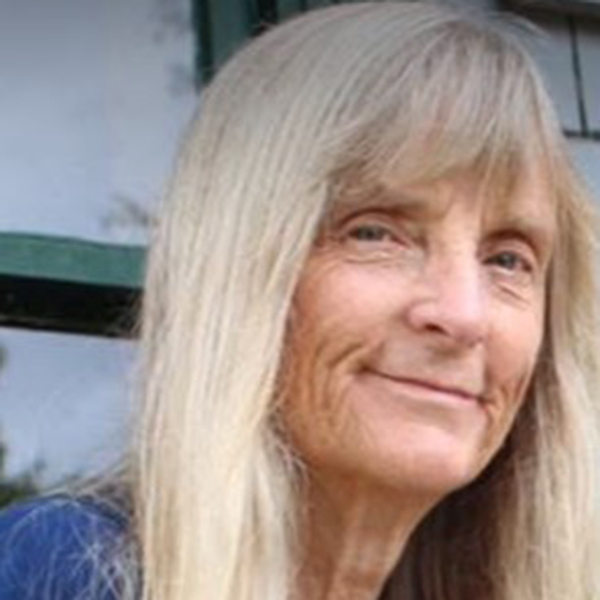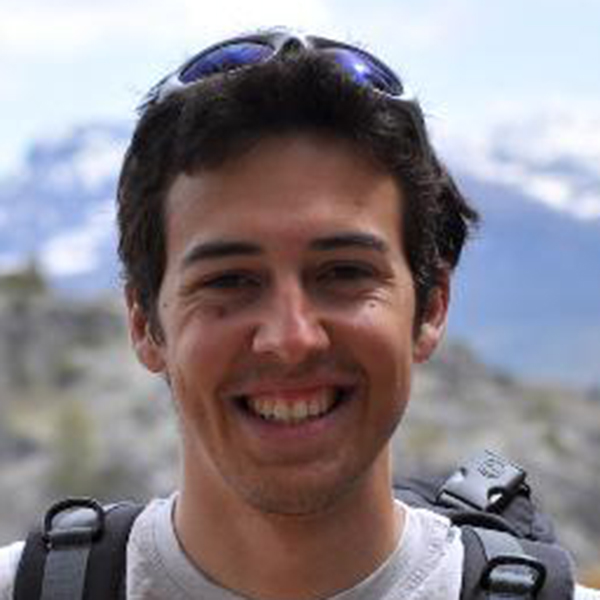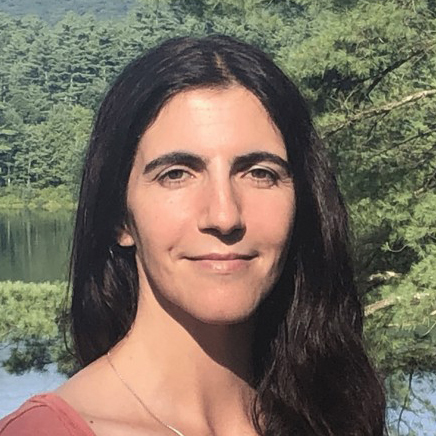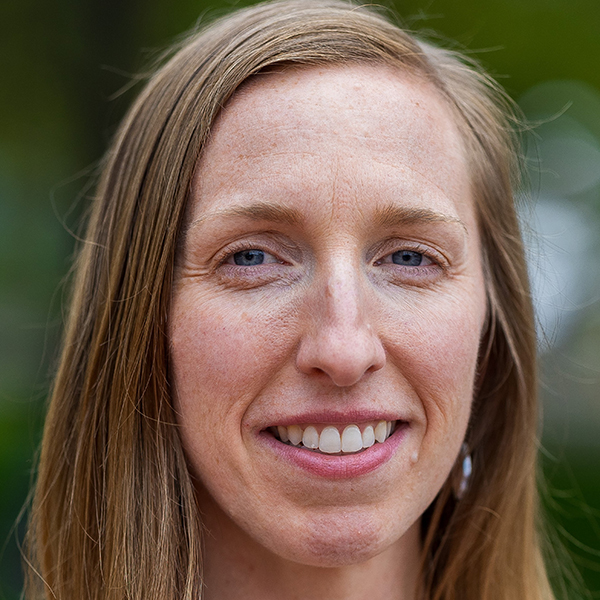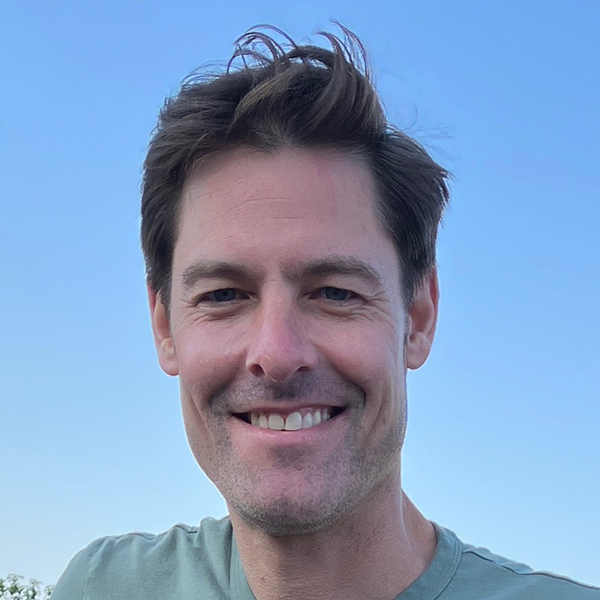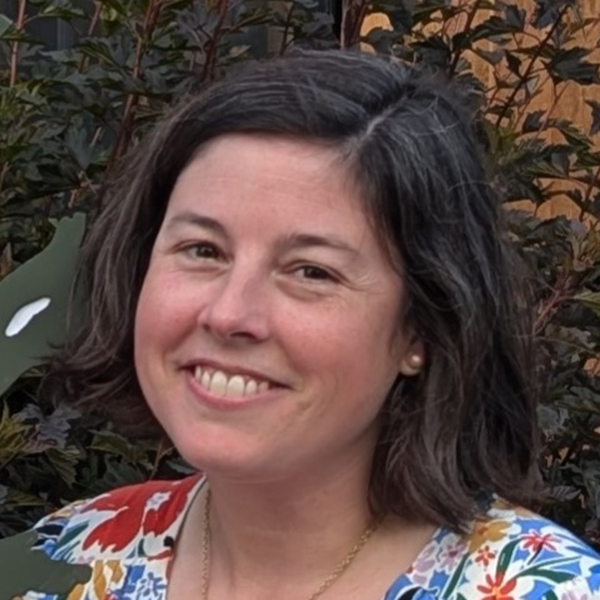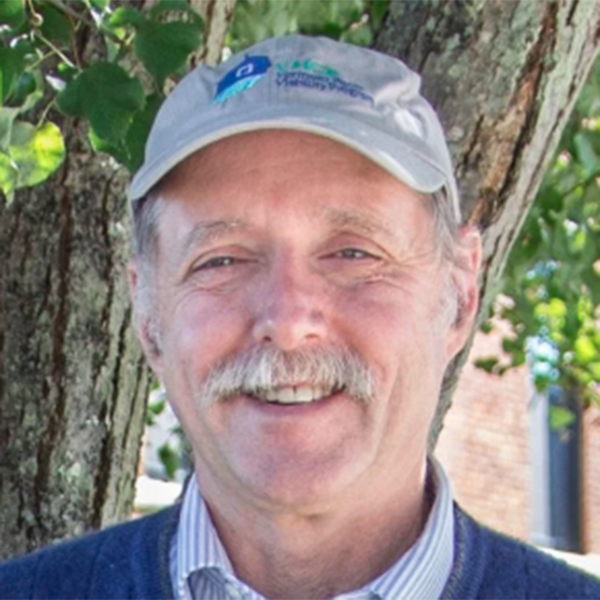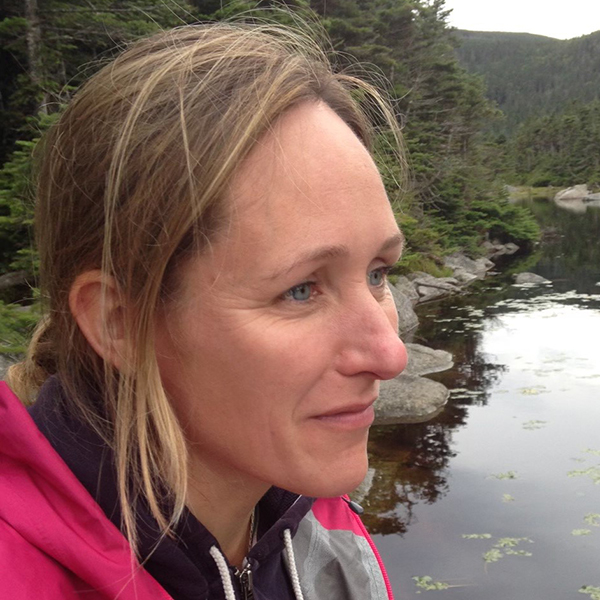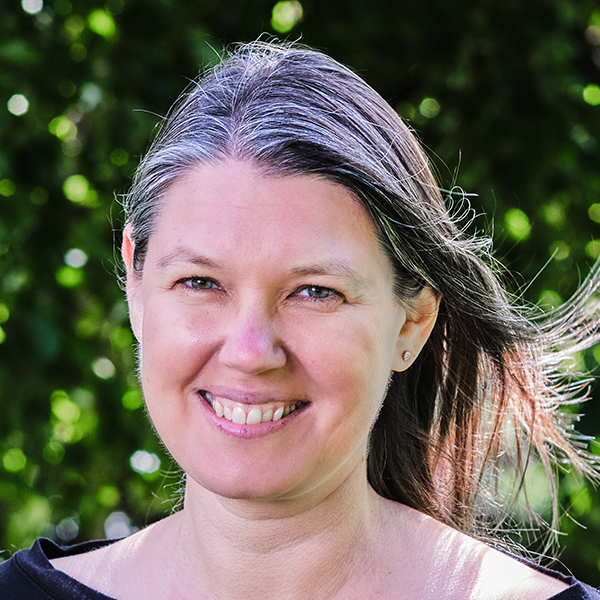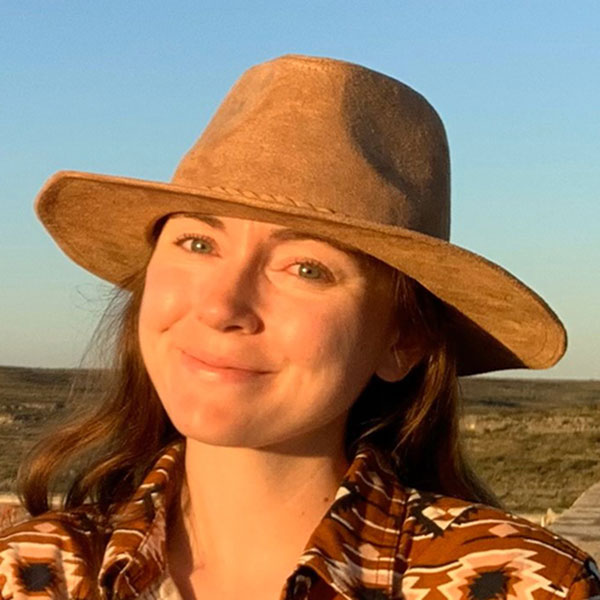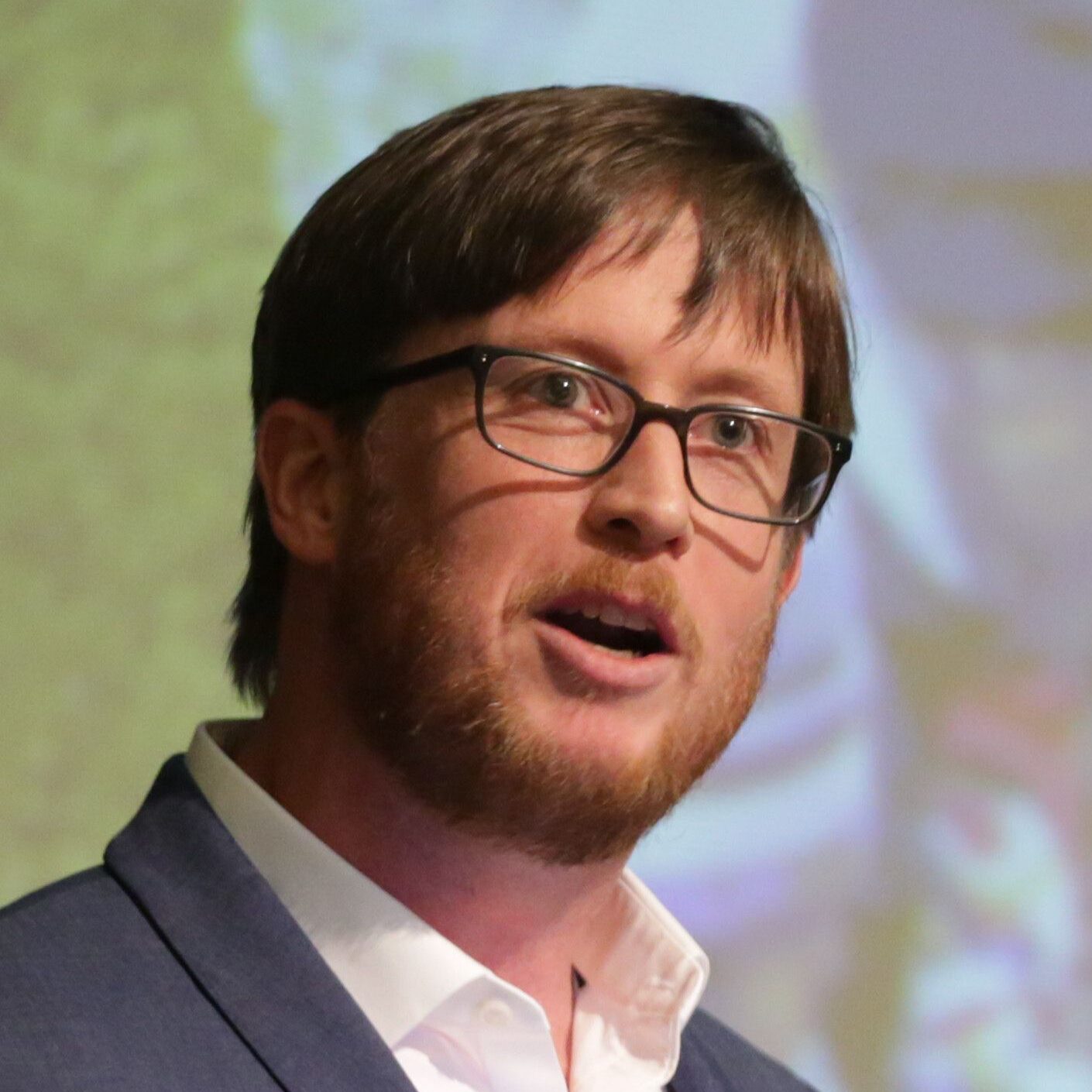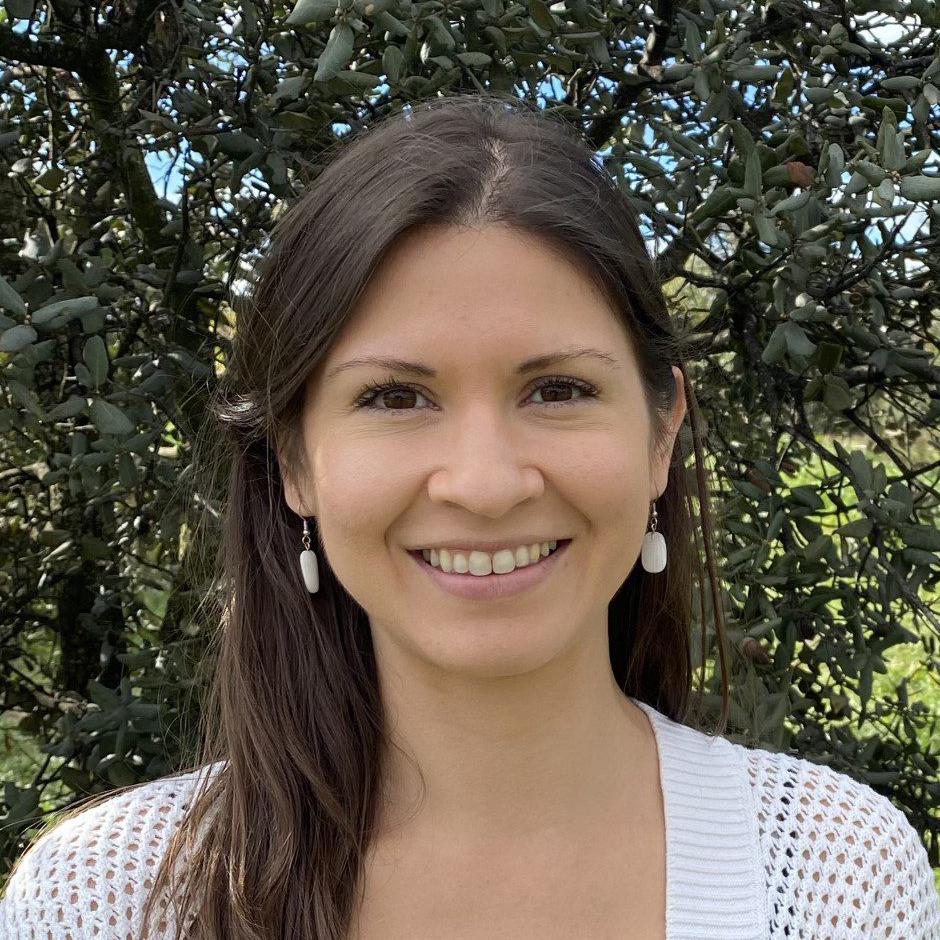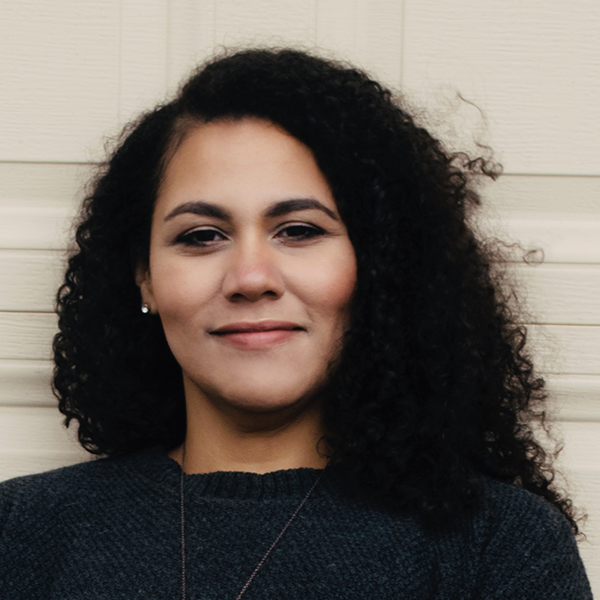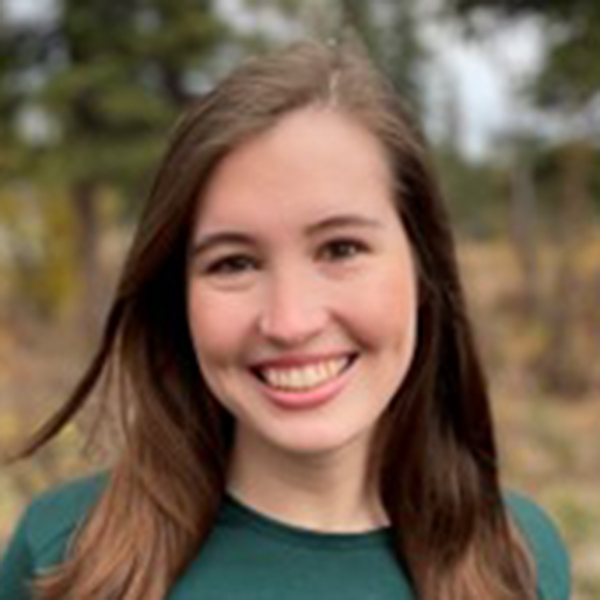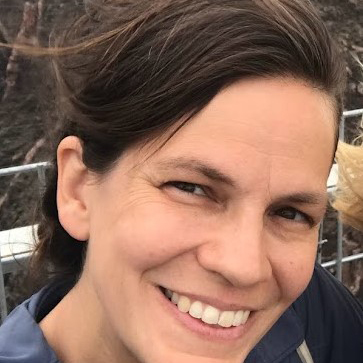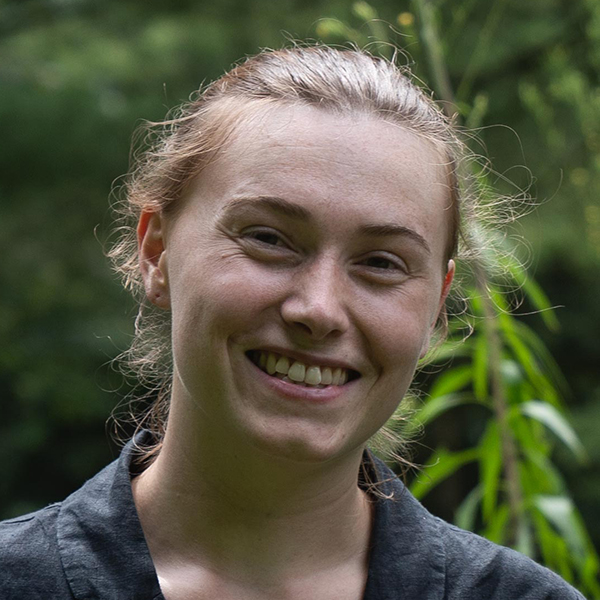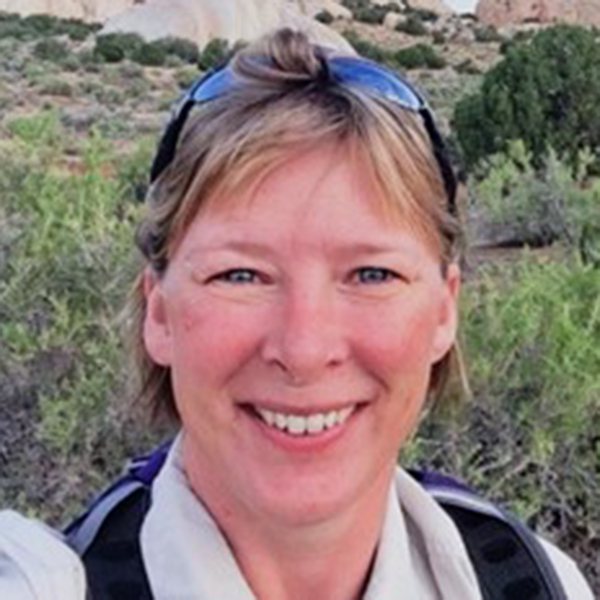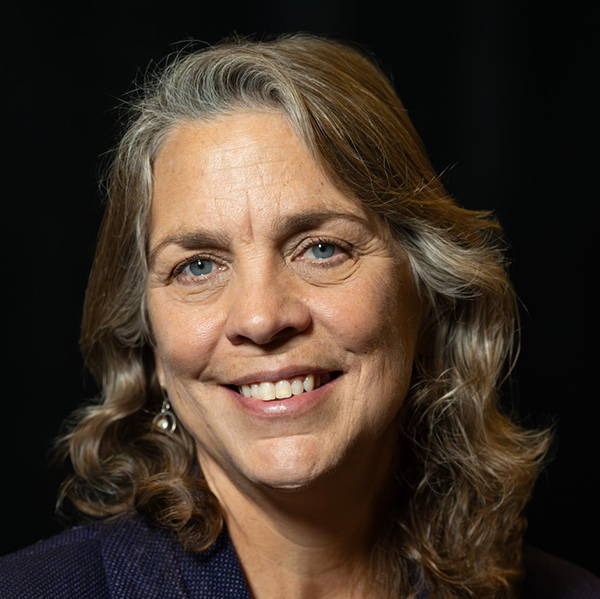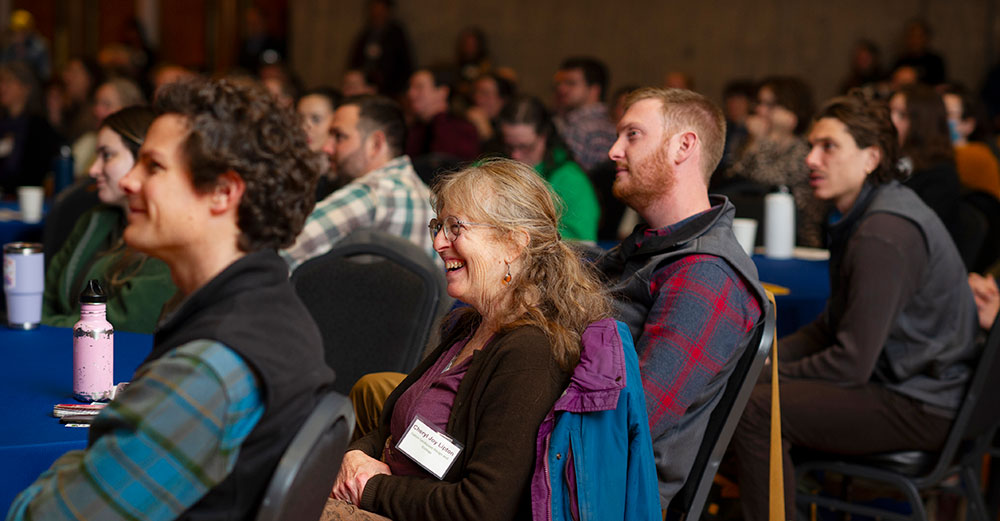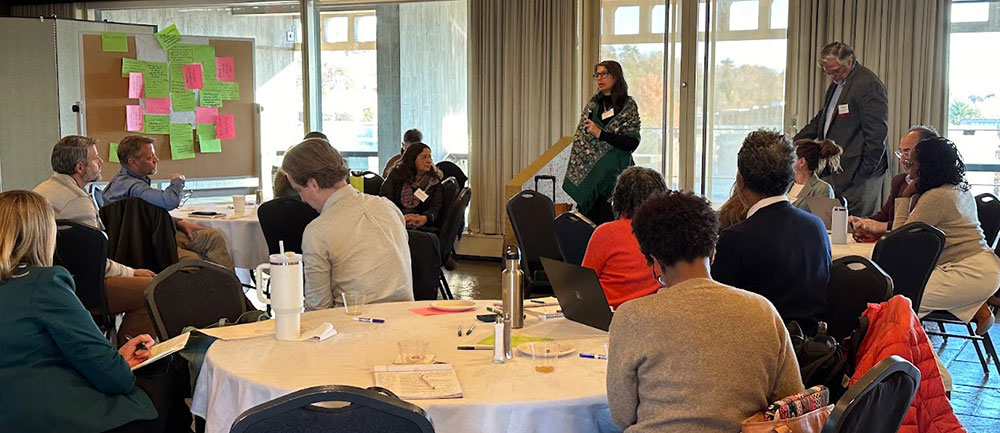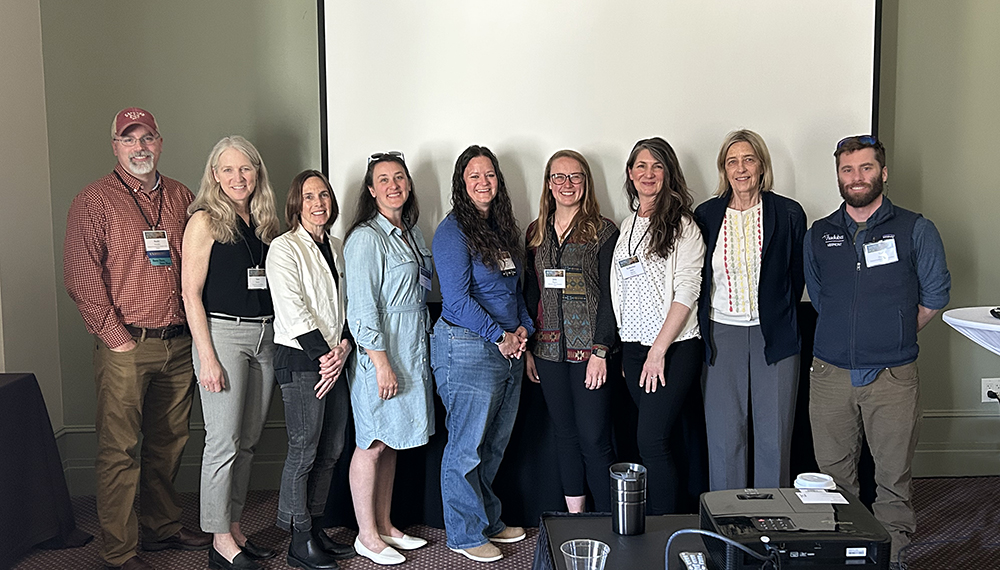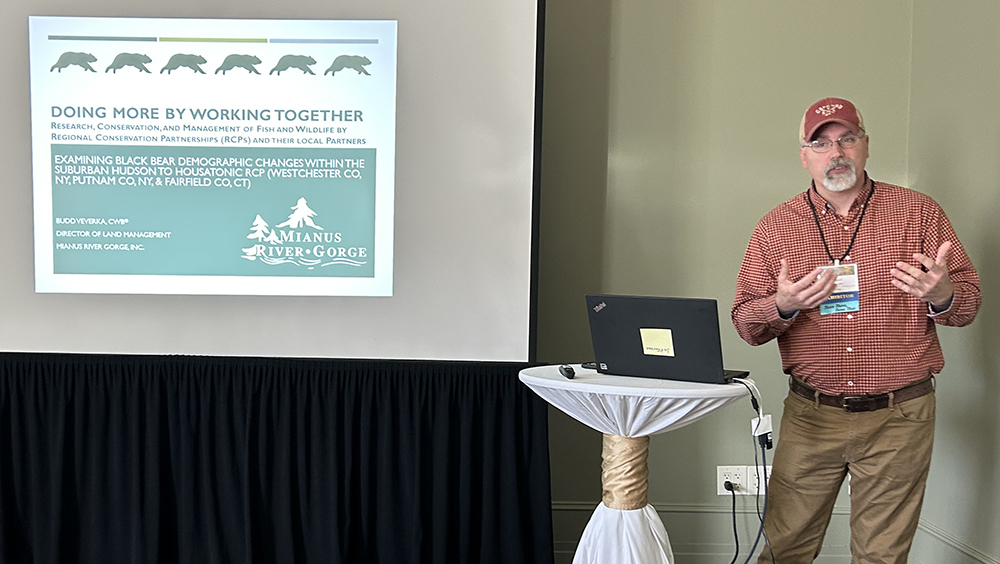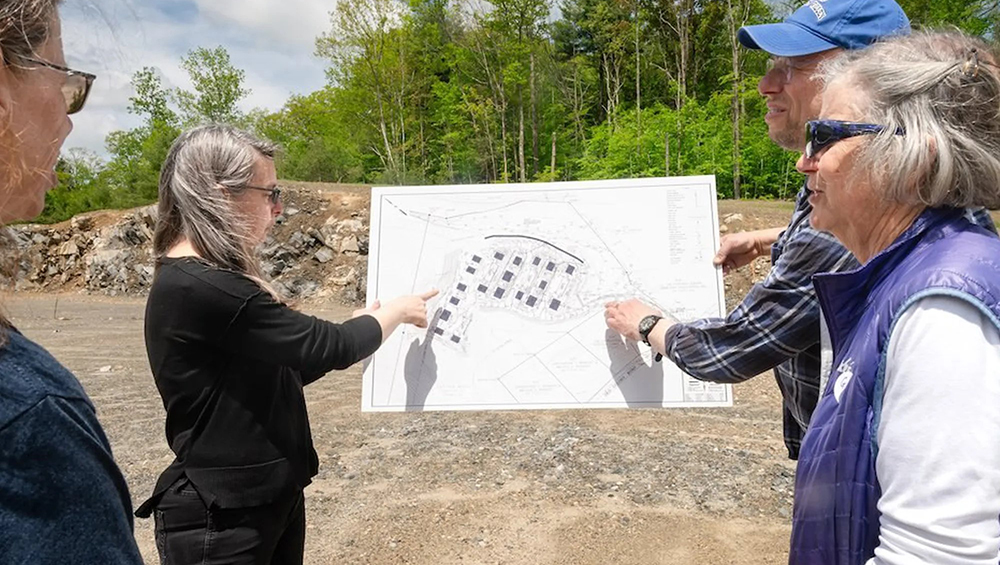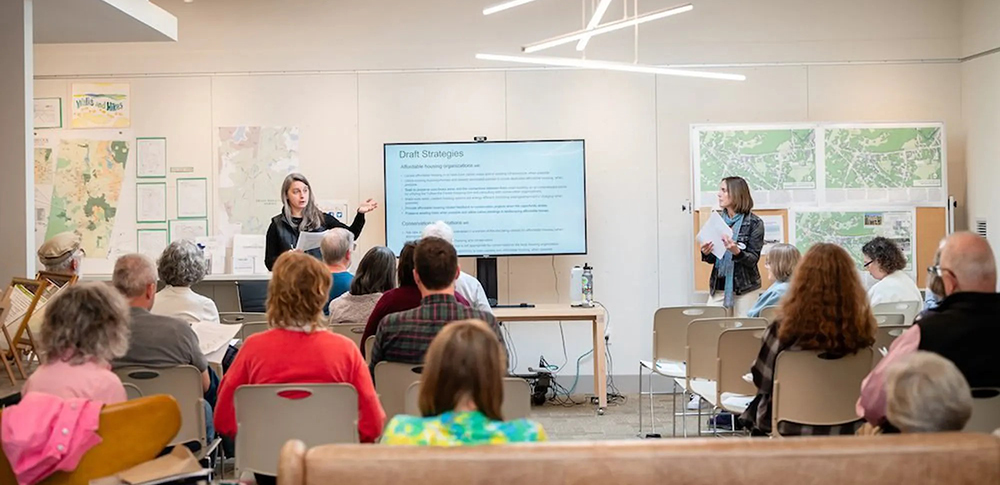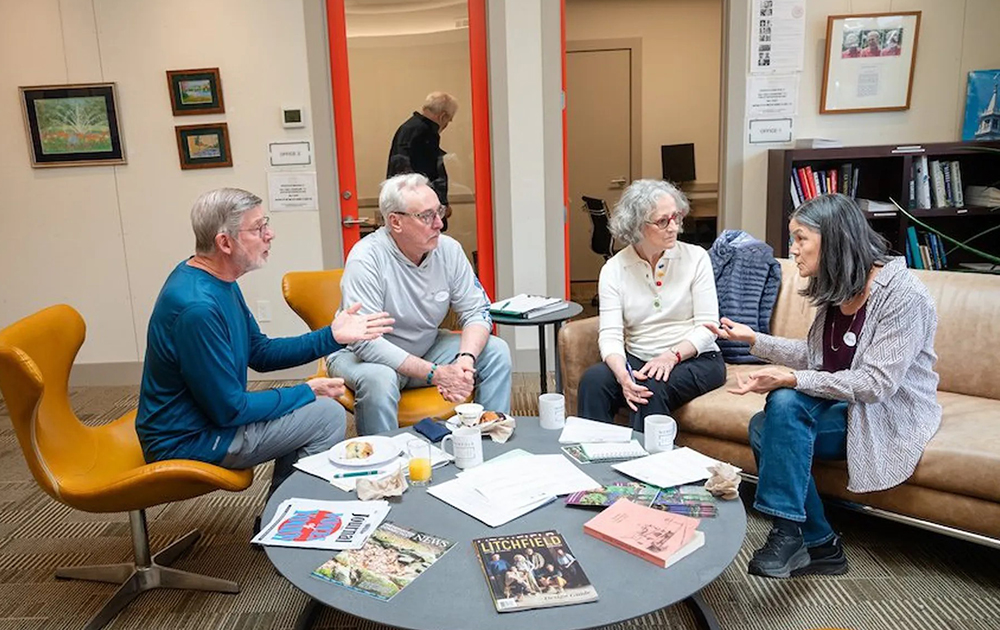
Thursday, November 6, at UMass Amherst
The 16th annual Regional Conservation Partnership (RCP) Network Gathering will focus on the crucial intersection of conservation, housing, and justice. Working across boundaries and cultivating trust are essential to conserve biodiversity while also ensuring equitable housing for people. Achieving this vision of an interconnected, resilient, and just landscape amid sweeping changes in federal policy, growing income inequality, and the worsening climate crisis will require strong partnerships and a willingness to share knowledge, resources, energy, and time. Regional Conservation Partnerships play a crucial role in building bridges and forging alliances across boundaries and sectors. Their work can frame our discussions in a way that underscores our collective responsibility as stewards of the one home we all share, planet Earth.
This FREE one-day conference is open to all. Gather with us on November 6 at UMass Amherst as we explore innovative and just solutions to the related biodiversity and housing crises.
Please contact RCPInfo@highstead.net with any registration questions.
GATHERING RESOURCES
KEYNOTE
Earth, Land, Home—A Universal View
Charles Liu, PhD
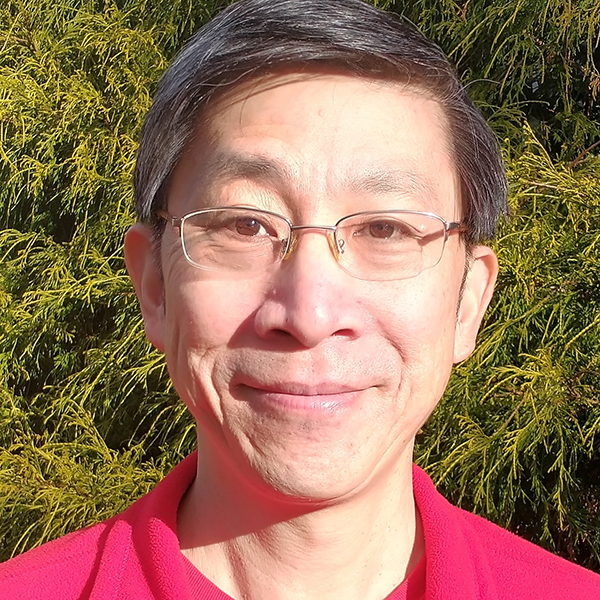
Our planet, our biosphere, and our humanity connect with one another in beautiful and intricate ways. Using examples from the field of astronomy, this year’s keynote will explore how we might find just and lasting answers to our hardest questions about land use, housing, and conservation.
Charles Liu is a professor of astrophysics at the City University of New York’s College of Staten Island whose research focuses on starburst galaxies, supermassive black holes, and the star formation history of the universe. He has published eleven books about astronomy, and he hosts the podcast “The LIUniverse with Dr. Charles Liu.” Click here to learn more about Dr. Liu and his work.
SESSIONS
The 2025 RCP Network Gathering features 16 dynamic sessions led by nearly 50 speakers along four related tracks: Foundations & Connections; Space for Nature & People; Innovation, Design, & Resilience; and Communication, Coordination, & Collaboration. In addition, there will also be a special Closing Plenary hosted by the Northeast Forest Network on how to build meaningful collaborations. Click here to read about this year’s sessions.
NETWORKING OPPORTUNITIES
One of the main reasons people attend the RCP Network Gathering is to connect with other professionals. This year, we’re making it easier to network throughout the day, whether you’re new to the conference or a seasoned veteran.
– Meet RCP Leaders
New to the RCP Network? With over 50 RCPs throughout the Northeast and Mid-Atlantic, chances are there is an active RCP near you! Partnership maps will be on display throughout the day, and you can meet with RCP leaders during the morning and lunch breaks. Find your local RCP here.
– Breakfast with Friends (8 – 9 AM)
Gather with colleagues and friends, both old and new, over a light breakfast as you prepare for the day.
– Lunchtime Networking (12:30 – 1:15 PM)
Looking to connect beyond the sessions? This year, we’re adding a lunchtime drop-in opportunity hosted by Karen Strong, principal of Strong Outcomes, to help you meet people you might not otherwise. Stop by, discover shared interests, and begin conversations that may grow into future collaborations.
– Design Building Tour (12:30 PM – 1:15 PM)
Join a guided tour of the John W. Oliver Design Building to learn about innovative sustainable design. Don’t miss this unique opportunity to explore the nation’s largest and most technologically advanced academic contemporary wood structure! Meet at the Registration Desk.
PARKING
Complimentary parking is available for all conference participants, but you must register your car in advance of the Gathering OR within 20 minutes of entering the UMass Parking Garage. Learn more and register your vehicle here.
LGBTQIA+ DINNER
All LGBTQIA+ individuals are invited to socialize over dinner at a local restaurant following the conclusion of the Gathering on November 6. Email William Labich (they/them) at blabich@highstead.net for more information and to register.
Sign up for the RCP Network E-News to receive updates about the 2025 Gathering, read inspiring stories about RCPs, learn about funding opportunities, and more!
QUESTIONS? Please contact Katie Blake at kblake@highstead.net
